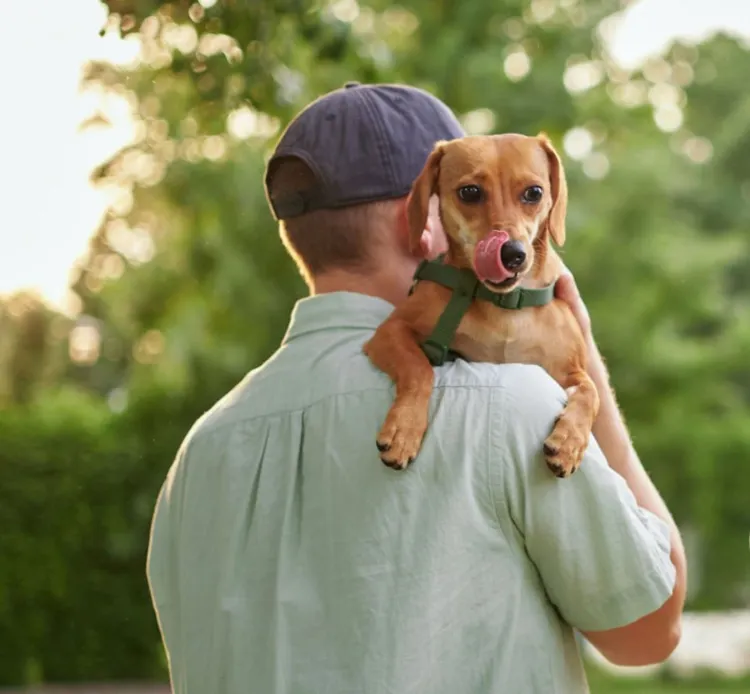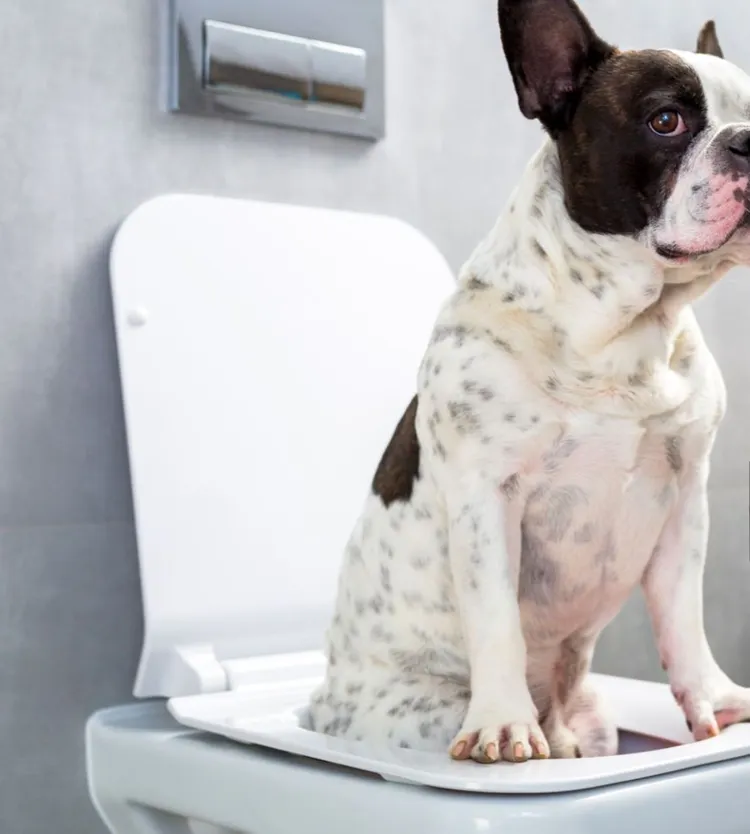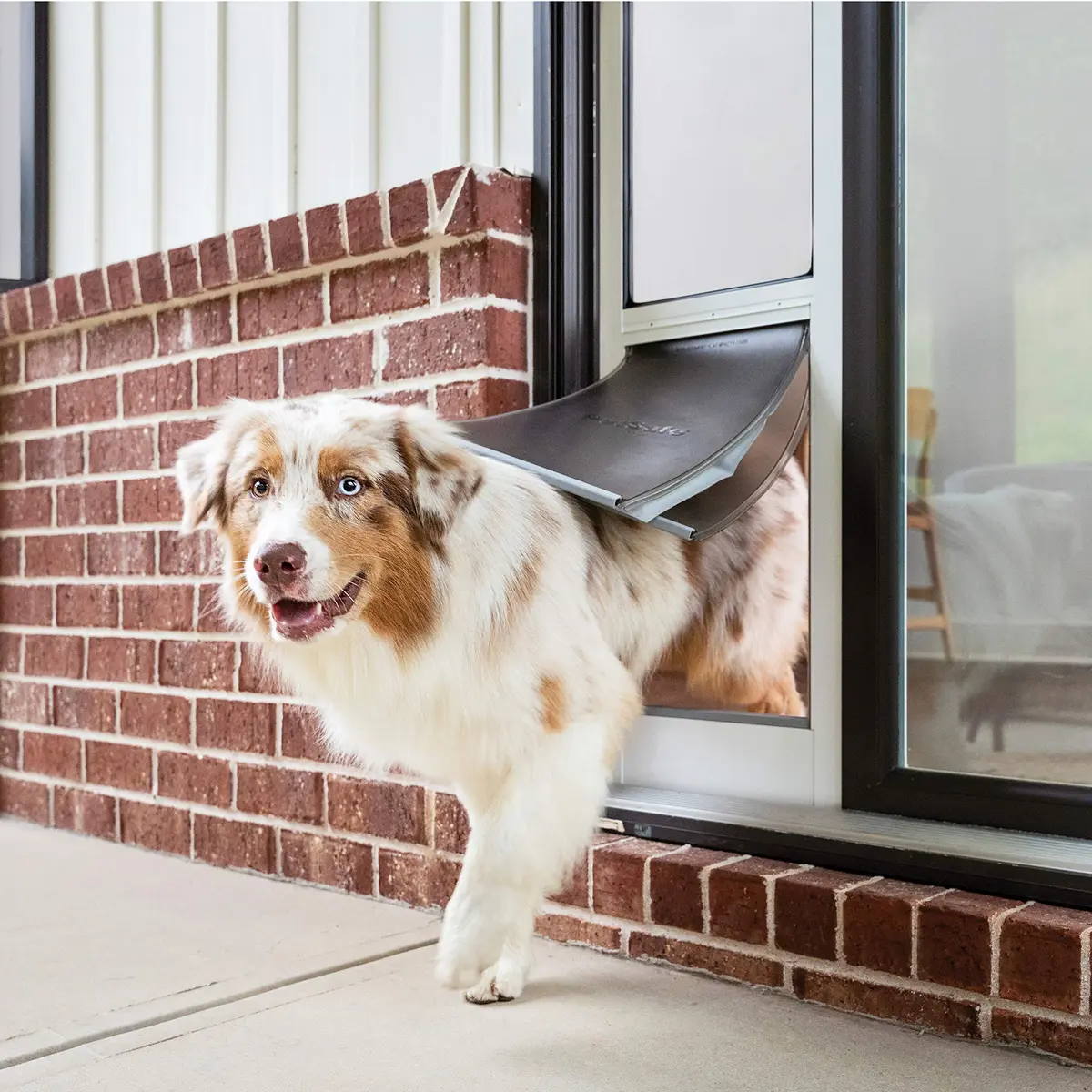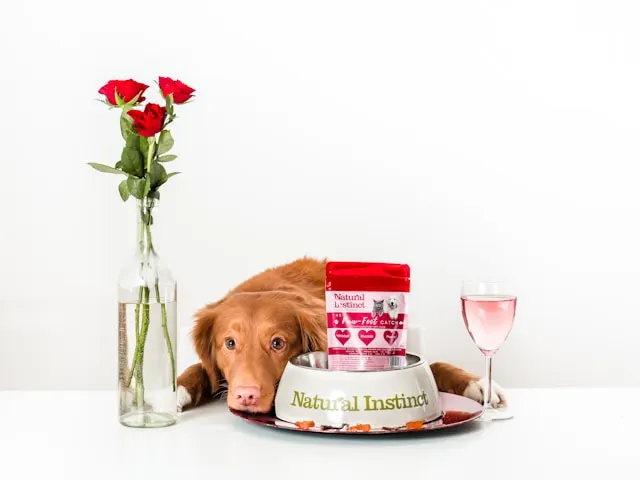Watching your dog strain to poop with no results can be frustrating and concerning. While occasional difficulty with bowel movements isn’t always a red flag, if it becomes persistent, there could be underlying issues. This guide explores why dogs struggle to poop, simple home remedies, and when it’s necessary to consult a vet. We’ll also look at eco-friendly solutions to help ease your dog’s digestive troubles sustainably.
Why Dogs Struggle to Poop
There are several reasons why your dog may struggle with constipation or incomplete bowel movements. Understanding these causes can help in finding the most effective solution.
1. Constipation
Constipation is the most common reason for this behavior. It can result from:
- Low Fiber Intake: Dogs need fiber to keep their digestive systems moving smoothly.
- Dehydration: Lack of water leads to dry stool, which can be difficult for dogs to pass.
- Insufficient Exercise: Physical activity encourages regular bowel movements.
- Medication Side Effects: Some medications, such as antihistamines or pain relievers, can contribute to constipation in dogs.
2. Ingested Foreign Objects
If your dog has ingested a foreign object, such as a toy or bone fragment, it could obstruct the intestines and make it difficult for them to pass stool. Dogs that chew on and swallow non-digestible items are more prone to this.
3. Stress or Anxiety
Changes in your dog’s environment—such as a new pet, a move, or altered routines—can cause stress, impacting their digestion and making it difficult to poop. Dogs sensitive to change often exhibit this behavior.
4. Medical Issues
Chronic constipation could be a symptom of an underlying medical condition, such as:
- Anal Gland Problems: Dogs may strain to poop if their anal glands are swollen or infected.
- Intestinal Blockage: In severe cases, internal blockages caused by tumors or swallowed objects can obstruct bowel movements.
- Colitis: Inflammation of the colon can cause discomfort and make it difficult to pass stool.
Practical Solutions for Your Dog’s Constipation
Before rushing to the vet, you can try some gentle, natural methods to alleviate your dog’s discomfort. These remedies are eco-friendly and use sustainable ingredients to ensure both your dog’s health and environmental consciousness.
1. Hydrate Your Dog
Dehydration can make it harder for your dog to pass stool, as dry intestines lead to hard, compact stool. Here’s how you can keep them hydrated:
- Offer Fresh Water Regularly: Always keep a bowl of clean water accessible to encourage hydration.
- Add Water to Food: Pouring a bit of warm water over dry food can make it more digestible.
- Broth Ice Cubes: Low-sodium broth frozen into ice cubes is a tasty and fun way to help increase your dog’s fluid intake.
2. Add Fiber to Their Diet
Fiber helps soften stool, making it easier for your dog to pass. Consider these natural, eco-friendly fiber sources:
- Pumpkin Puree: A tablespoon of canned pumpkin (unsweetened and without additives) is an excellent source of fiber that many dogs love.
- Oat Bran: Mixing a small spoonful into their food is a simple way to increase fiber.
- Green Beans: Fresh or frozen green beans (without added salt) are rich in fiber and make a healthy treat for dogs.
3. Encourage Exercise
Regular physical activity promotes healthy digestion. Exercise stimulates bowel movements by contracting the muscles in your dog’s intestines.
- Daily Walks: Walks are beneficial for both physical and digestive health.
- Playtime: Interactive play with sustainable toys keeps your dog active and engaged, contributing to overall health.
4. Gentle Massage Techniques
Massaging your dog’s stomach in a gentle, circular motion can help stimulate the bowels. Always proceed gently, and stop if your dog seems uncomfortable.
When to Contact a Vet
If home remedies don’t bring relief, or if additional concerning symptoms arise, it’s essential to seek veterinary care. Here’s when to make the call:

- No Bowel Movements for Over 48 Hours: If your dog hasn’t pooped in two days, they may need more than home care.
- Signs of Pain or Discomfort: Yelping, restlessness, or pacing may indicate something more serious than constipation.
- Blood in Stool or Vomit: Blood can signal a gastrointestinal blockage, internal injury, or infection.
- Lethargy and Weakness: These signs suggest that the issue may be more than constipation, especially if paired with vomiting or abdominal swelling.
In severe cases, veterinary tests, such as an X-ray or ultrasound, may be needed to identify blockages or other internal issues.
Eco-Friendly Products for Canine Digestive Health
Opting for eco-friendly solutions allows you to care for your dog while keeping the planet in mind. Here are some sustainable products that can help with your dog’s digestive wellness:
1. Natural Digestive Supplements
- Look for all-natural digestive enzymes or probiotic supplements that come in recyclable packaging. Probiotics support gut health and can aid digestion, helping prevent constipation in the future.
2. Compostable Waste Bags
- Compostable waste bags are a sustainable way to clean up after your dog without contributing to landfill waste. Choose brands certified as compostable to ensure they decompose properly.
3. High-Quality Dog Foods with Fiber
- Eco-conscious dog food brands prioritize sustainably sourced ingredients and eco-friendly packaging. Look for brands that incorporate fiber-rich vegetables and grains like sweet potatoes, oats, and brown rice.

Conclusion
If your dog is straining to poop without success, you’re not alone. By understanding potential causes and offering natural, eco-friendly remedies like hydration, fiber, exercise, and gentle massage, you can often relieve your dog’s discomfort at home. However, it’s crucial to monitor their condition closely, and if symptoms persist, don’t hesitate to consult a veterinarian to rule out more serious issues.
Incorporating sustainable, dog-safe products and eco-friendly dietary solutions helps promote your dog’s long-term health and ensures that you’re making a positive impact on the environment. With a proactive and thoughtful approach, you can give your dog the best chance at a comfortable, happy life while caring for the planet.



